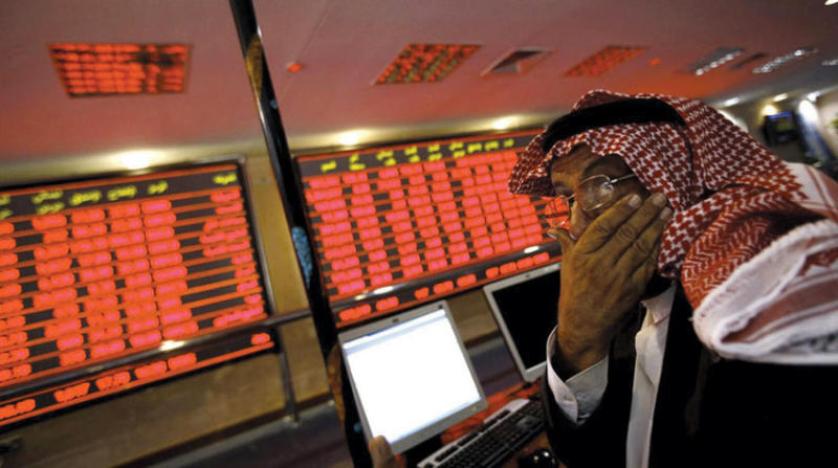Prompting several countries to close their borders and re-impose precautionary restrictions and obligatory wearing of masks and social distancing.
The Netherlands, Denmark, Germany, Italy, Belgium, the Czech Republic, Britain and Australia have reported infections with this mutant, while other countries such as Austria, Spain and Portugal are studying a number of suspected cases on arrivals from southern African countries.
Today (Monday) the World Health Organization begins the work of its extraordinary assembly dedicated to adopting a plan to confront the pandemic, while the majority of Western countries and a large number of Arab and Asian countries have closed their doors to the African continent.
European Commission President Ursula von der Leyen announced that it takes two to three weeks for vaccine manufacturers to “compose a comprehensive view of the characteristics of the mutations” of the new mutation.
For its part, Saudi Arabia announced that it had not monitored any appearance of the new mutant, noting that it had taken prior measures that made it in a distinguished stage, and suspended flights with 7 new African countries, bringing the number of banned countries so far to 14.
Also, no other Arab country had announced, until yesterday evening, the appearance of infections with “Omicron”.
Omicron’s developments were reflected in igniting large losses in the Arab financial markets, the largest of their kind in more than a year. Fears of an exacerbation of the epidemiological situation pressured the financial markets in the Middle East; In the forefront of which is the Saudi Stock Exchange, which led to a wave of decline in the values of traded shares.
Oil prices fell by more than 11 percent, with Brent crude falling to $72.72 a barrel, and Nymex crude falling to $68.15 a barrel.
The Saudi market index fell, during yesterday’s session, with a significant decline of 4.5 percent, to close at 10,788 points, a loss of 512 points, which is the largest point loss in terms of quantity since May 2020, which recorded a drop of 7.4 percent.
The main index in the Dubai Financial Market was the most declining in the region, as it fell by 4.6 percent, recording the largest loss since March 2020, according to Bloomberg Agency. Markets in Egypt, Jordan, Kuwait, Qatar and Abu Dhabi also recorded declines.

